|
The Heidelberg Catechism: Lord's Day 29
78. Question: Are then the bread and wine changed into the real body and blood of Christ? Answer: No. Just as the water of baptism is not changed into the blood of Christ and is not the washing away of sins itself but is simply God's sign and pledge,[1] so also the bread in the Lord's supper does not become the body of Christ itself,[2] although it is called Christ's body[3] in keeping with the nature and usage of sacraments.[4] [1] Eph. 5:26; Tit. 3:5. [2] Matt. 26:26-29. [3] I Cor. 10:16, 17; 11:26-28. [4] Gen. 17:10, 11; Ex. 12:11, 13; I Cor. 10:3, 4; I Pet. 3:21. 79. Question: Why then does Christ call the bread His body and the cup His blood, or the new covenant in His blood, and why does Paul speak of a participation in the body and blood of Christ? Answer: Christ speaks in this way for a good reason: He wants to teach us by His supper that as bread and wine sustain us in this temporal life, so His crucified body and shed blood are true food and drink for our souls to eternal life.[1] But, even more important, He wants to assure us by this visible sign and pledge, first, that through the working of the Holy Spirit we share in His true body and blood as surely as we receive with our mouth these holy signs in remembrance of Him,[2] and, second, that all His suffering and obedience are as certainly ours as if we personally had suffered and paid for our sins.[3] [1] John 6:51, 55. [2] I Cor. 10:16, 17; 11:26. [3] Rom. 6:5-11.
0 Comments
The Heidelberg Catechism: Lord's Day 28
75. Question: How does the Lord's Supper signify and seal to you that you share in Christ's one sacrifice on the cross and in all His gifts? Answer: In this way: Christ has commanded me and all believers to eat of this broken bread and drink of this cup in remembrance of Him. With this command He gave these promises:[1] First, as surely as I see with my eyes the bread of the Lord broken for me and the cup given to me, so surely was His body offered for me and His blood poured out for me on the cross. Second, as surely as I receive from the hand of the minister and taste with my mouth the bread and the cup of the Lord as sure signs of Christ's body and blood, so surely does He Himself nourish and refresh my soul to everlasting life with His crucified body and shed blood. [1] Matt. 26:26-28; Mark 14:22-24; Luke 22:19, 20; I Cor. 11:23-25. 76. Question: What does it mean to eat the crucified body of Christ and to drink His shed blood? Answer: First, to accept with a believing heart all the suffering and the death of Christ, and so receive forgiveness of sins and life eternal.[1] Second, to be united more and more to His sacred body through the Holy Spirit, who lives both in Christ and in us.[2] Therefore, although Christ is in heaven[3] and we are on earth, yet we are flesh of His flesh and bone of His bones,[4] and we forever live and are governed by one Spirit, as the members of our body are by one soul.[5] [1] John 6:35, 40, 50-54. [2] John 6:55, 56; I Cor. 12:13. [3] Acts 1:9-11; 3:21; I Cor. 11:26; Col. 3:1. [4] I Cor. 6:15, 17; Eph. 5:29, 30; I John 4:13. [5] John 6:56-58; 15:1-6; Eph. 4:15, 16; I John 3:24. 77. Question: Where has Christ promised that He will nourish and refresh believers with His body and blood as surely as they eat of this broken bread and drink of this cup? Answer: In the institution of the Lord's supper: The Lord Jesus on the night when He was betrayed took bread, and when He had given thanks, He broke it and said, "This is my body which is for you. Do this in remembrance of me." In the same way also the cup, after supper, saying, "Do this, as often as you drink it, in remembrance of me." For as often as you eat this bread and drink the cup, you proclaim the Lord's death until He comes (I Corinthians 11:23-26). This promise is repeated by Paul where he says: The cup of blessing which we bless, is it not a participation in the blood of Christ? The bread which we break, is it not a participation in the body of Christ? Because there is one bread, we who are many are one body, for we all partake of the one bread (I Corinthians 10:16, 17). The Heidelberg Catechism: Lord's Day 24
62. Question: But why can our good works not be our righteousness before God, or at least a part of it? Answer: Because the righteousness which can stand before God's judgment must be absolutely perfect and in complete agreement with the law of God,[1] whereas even our best works in this life are all imperfect and defiled with sin.[2] [1] Deut. 27:26; Gal. 3:10. [2] Is. 64:6. 63. Question: But do our good works earn nothing, even though God promises to reward them in this life and the next? Answer: This reward is not earned[1]; it is a gift of grace.[2] [1] Matt. 5:12; Heb. 11:6. [2] Luke 17:10; II Tim. 4:7, 8. 64. Question: Does this teaching not make people careless and wicked? Answer: No. It is impossible that those grafted into Christ by true faith should not bring forth fruits of thankfulness.[1] [1] Matt. 7:18; Luke 6:43-45; John 15:5. The Heidelberg Catechism: Lord's Day 21
54. Question: What do you believe concerning the holy catholic Christian church? Answer: I believe that the Son of God,[1] out of the whole human race,[2] from the beginning of the world to its end,[3] gathers, defends, and preserves for Himself, [4] by His Spirit and Word,[5] in the unity of the true faith,[6] a church chosen to everlasting life.[7] And I believe that I am[8] and forever shall remain a living member of it.[9] [1] John 10:11; Acts 20:28; Eph. 4:11-13; Col. 1:18. [2] Gen. 26:4; Rev. 5:9. [3] Is. 59:21; I Cor. 11:26. [4] Ps. 129:1-5; Matt. 16:18; John 10:28-30. [5] Rom. 1:16; 10:14-17; Eph. 5:26. [6] Acts 2:42-47; Eph. 4:1-6. [7] Rom. 8:29; Eph. 1:3-14. [8] I John 3:14, 19-21. [9] Ps. 23:6; John 10:27, 28; I Cor. 1:4-9; I Pet. 1:3-5. 55. Question: What do you understand by the communion of saints? Answer: First, that believers, all and everyone, as members of Christ have communion with Him and share in all His treasures and gifts.[1] Second, that everyone is duty-bound to use his gifts readily and cheerfully for the benefit and well-being of the other members.[2] [1] Rom. 8:32; I Cor. 6:17; 12:4-7, 12, 13; I John 1:3. [2] Rom. 12:4-8; I Cor. 12:20-27; 13:1-7; Phil. 2:4-8. 56. Question: What do you believe concerning the forgiveness of sins? Answer: I believe that God, because of Christ's satisfaction, will no more remember my sins,[1] nor my sinful nature, against which I have to struggle all my life,[2] but He will graciously grant me the righteousness of Christ, that I may never come into condemnation.[3] [1] Ps. 103:3, 4, 10, 12; Mic. 7:18, 19; II Cor. 5:18-21; I John 1:7; 2:2. [2] Rom. 7:21-25. [3] John 3:17, 18; 5:24; Rom. 8:1, 2. The Heidelberg Catechism: Lord's Day 20
53. Question: What do you believe concerning the Holy Spirit? Answer: First, He is, together with the Father and the Son, true and eternal God.[1] Second, He is also given to me,[2] to make me by true faith share in Christ and all His benefits,[3] to comfort me,[4] and to remain with me forever.[5] [1] Gen. 1:1, 2; Matt. 28:19; Acts 5:3, 4; I Cor. 3:16. [2] I Cor. 6:19; II Cor. 1:21, 22; Gal. 4:6; Eph. 1:13. [3] Gal. 3:14; I Pet. 1:2. [4] John 15:26; Acts 9:31. [5] John 14:16, 17; I Pet. 4:14. The Heidelberg Catechism: Lord's Day 19
50. Question: Why is it added, ‘And sits at the right hand of God’? Answer: Christ ascended into heaven to manifest Himself there as Head of His Church,[1] through whom the Father governs all things.[2] [1] Eph. 1:20-23; Col. 1:18. [2] Matt. 28:18; John 5:22, 23. 51. Question: How does the glory of Christ, our Head, benefit us? Answer: First, by His Holy Spirit He pours out heavenly gifts upon us, His members.[1] Second, by His power He defends and preserves us against all enemies.[2] [1] Acts 2:33; Eph. 4:7-12. [2] Ps. 2:9; 110:1, 2; John 10:27-30; Rev. 19:11-16. 52. Question: What comfort is it to you that Christ will come to judge the living and the dead? Answer: In all my sorrow and persecution I lift up my head and eagerly await as judge from heaven the very same person who before has submitted Himself to the judgment of God for my sake, and has removed all the curse from me.[1] He will cast all His and my enemies into everlasting condemnation, but He will take me and all His chosen ones to Himself into heavenly joy and glory.[2] [1] Luke 21:28; Rom. 8:22-25; Phil. 3:20,21; Tit. 2:13, 14. [2] Matt. 25:31-46; I Thess. 4:16, 17; II Thess. 1:6-10. The Heidelberg Catechism: Lord's Day 18
46. Question: What do you confess when you say, He ascended into heaven? Answer: That Christ, before the eyes of His disciples, was taken up from the earth into heaven,[1] and that He is there for our benefit[2] until He comes again to judge the living and the dead.[3] [1] Mark 16:19; Luke 24:50, 51; Acts 1:9-11. [2] Rom. 8:34; Heb. 4:14; 7:23-25; 9:24. [3] Matt. 24:30; Acts 1:11. 47. Question: Is Christ, then, not with us until the end of the world, as He has promised us?[1] Answer: Christ is true man and true God. With respect to His human nature He is no longer on earth,[2] but with respect to His divinity, majesty, grace, and Spirit He is never absent from us.[3] [1] Matt. 28:20. [2] Matt. 26:11; John 16:28; 17:11; Acts 3:19-21; Heb. 8:4. [3] Matt. 28:18-20; John 14:16-19; 16:13. 48. Question: But are the two natures in Christ not separated from each other if His human nature is not present wherever His divinity is? Answer: Not at all, for His divinity has no limits and is present everywhere.[1] So it must follow that His divinity is indeed beyond the human nature which He has taken on and nevertheless is within this human nature and remains personally united with it.[2] [1] Jer. 23:23, 24; Acts 7:48, 49. [2] John 1:14; 3:13; Col. 2:9. 49. Question: How does Christ's ascension into heaven benefit us? Answer: First, He is our Advocate in heaven before His Father.[1] Second, we have our flesh in heaven as a sure pledge that He, our Head, will also take us, His members, up to Himself.[2] Third, He sends us His Spirit as a counter-pledge,[3] by whose power we seek the things that are above, where Christ is, seated at the right hand of God, and not the things that are on earth.[4] [1] Rom. 8:34; I John 2:1. [2] John 14:2; 17:24; Eph. 2:4-6. [3] John 14:16; Acts 2:33; II Cor. 1:21, 22; 5:5. [4] Col. 3:1-4. The Heidelberg Catechism: Lord's Day 17
45. Question: How does Christ's resurrection benefit us? Answer: First, by His resurrection He has overcome death, so that He could make us share in the righteousness which He had obtained for us by His death.[1] Second, by His power we too are raised up to a new life.[2] Third, Christ's resurrection is to us a sure pledge of our glorious resurrection.[3] [1] Rom. 4:25; I Cor. 15:16-20; I Pet. 1:3-5. [2] Rom. 6:5-11; Eph. 2:4-6; Col. 3:1-4. [3] Rom. 8:11; I Cor. 15:12-23; Phil. 3:20, 21. The Heidelberg Catechism: Lord's Day 15
37. Question: What do you confess when you say that He suffered? Answer: During all the time He lived on earth, but especially at the end, Christ bore in body and soul the wrath of God against the sin of the whole human race.[1] Thus, by His suffering, as the only atoning sacrifice,[2] He has redeemed our body and soul from everlasting damnation,[3] and obtained for us the grace of God, righteousness, and eternal life.[4] [1] Is. 53; I Tim. 2:6; I Pet. 2:24; 3:18. [2] Rom. 3:25; I Cor. 5:7; Eph. 5:2; Heb. 10:14; I John 2:2; 4:10. [3] Rom. 8:1-4; Gal. 3:13; Col. 1:13; Heb. 9:12; I Pet 1:18, 19. [4] John 3:16; Rom. 3:24-26; II Cor. 5:21; Heb. 9:15. 38. Question: Why did He suffer under Pontius Pilate as judge? Answer: Though innocent, Christ was condemned by an earthly judge,[1] and so He freed us from the severe judgment of God that was to fall on us.[2] [1] Luke 23:13-24; John 19:4, 12-16. [2] Is. 53:4, 5; II Cor. 5:21; Gal. 3:13. 39. Question: Does it have a special meaning that Christ was crucified and did not die in a different way? Answer: Yes. Thereby I am assured that He took upon Himself the curse which lay on me, for a crucified one was cursed by God.[1] [1] Deut. 21:23; Gal. 3:13. The Heidelberg Catechism: Lord's Day 14
35. Question: What do you confess when you say: He was conceived by the Holy Spirit, born of the virgin Mary? Answer: The eternal Son of God, who is and remains true and eternal God,[1] took upon Himself true human nature from the flesh and blood of the virgin Mary,[2] through the working of the Holy Spirit.[3] Thus He is also the true seed of David,[4] and like His brothers in every respect,[5] yet without sin.[6] [1] John 1:1; 10:30-36; Rom. 1:3; 9:5; Col. 1:15-17; I John 5:20. [2] Matt. 1:18-23; John 1:14; Gal. 4:4; Heb. 2:14. [3] Luke 1:35. [4] II Sam. 7:12-16; Ps. 132:11; Matt. 1:1; Luke 1:32; Rom. 1:3. [5] Phil. 2:7; Heb. 2:17. [6] Heb. 4:15; 7:26, 27. 36. Question: What benefit do you receive from the holy conception and birth of Christ? Answer: He is our Mediator,[1] and with His innocence and perfect holiness covers, in the sight of God, my sin, in which I was conceived and born.[2] [1] I Tim. 2:5, 6; Heb. 9:13-15. [2] Rom. 8:3, 4; II Cor. 5:21; Gal. 4:4, 5; I Pet. 1:18, 19. |
Stand FirmBe on your guard; stand firm in the faith; be courageous; be strong. Do everything in love. Categories
All
Archives
July 2023
|
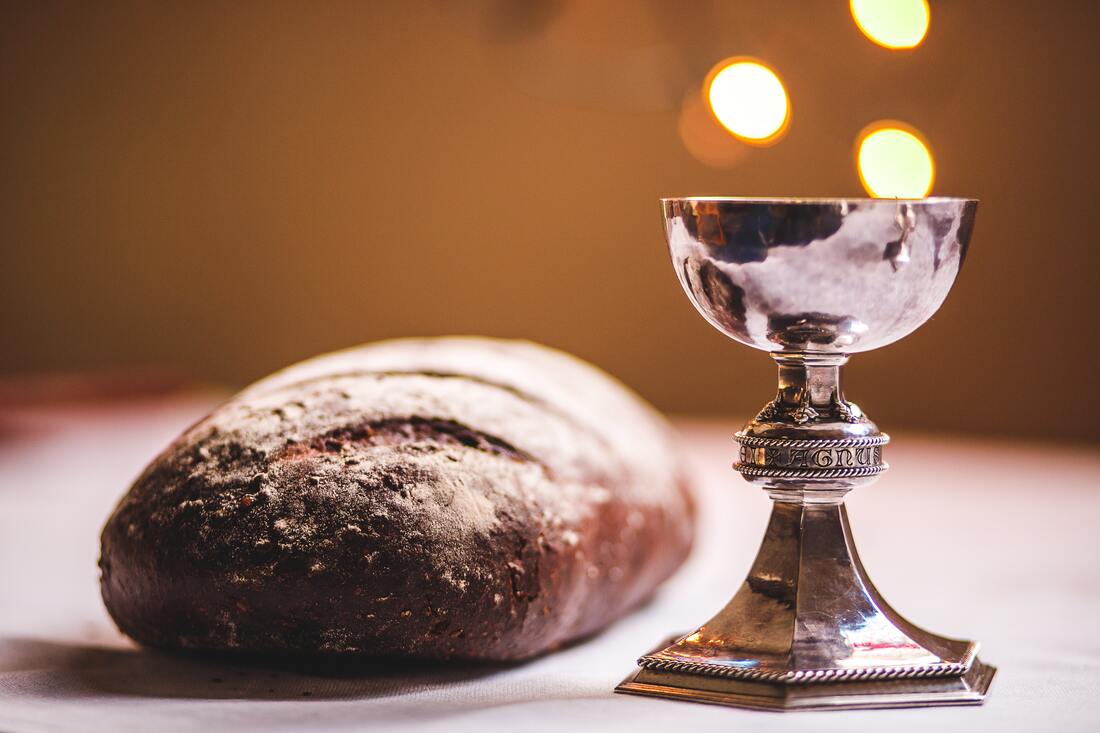
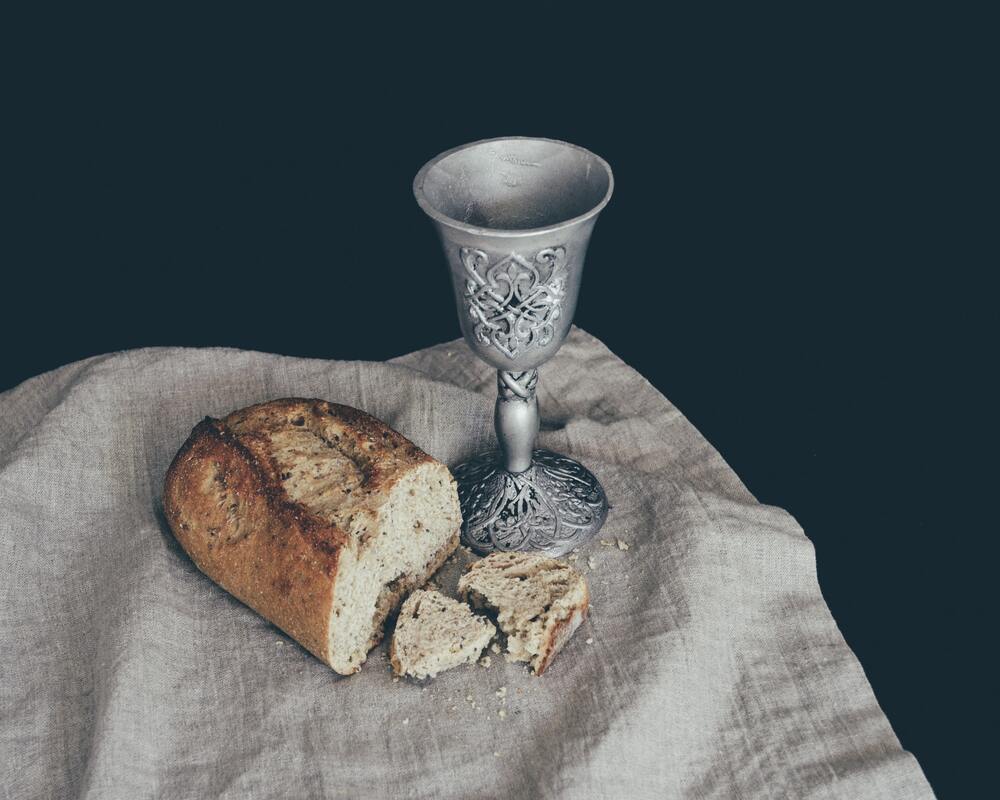

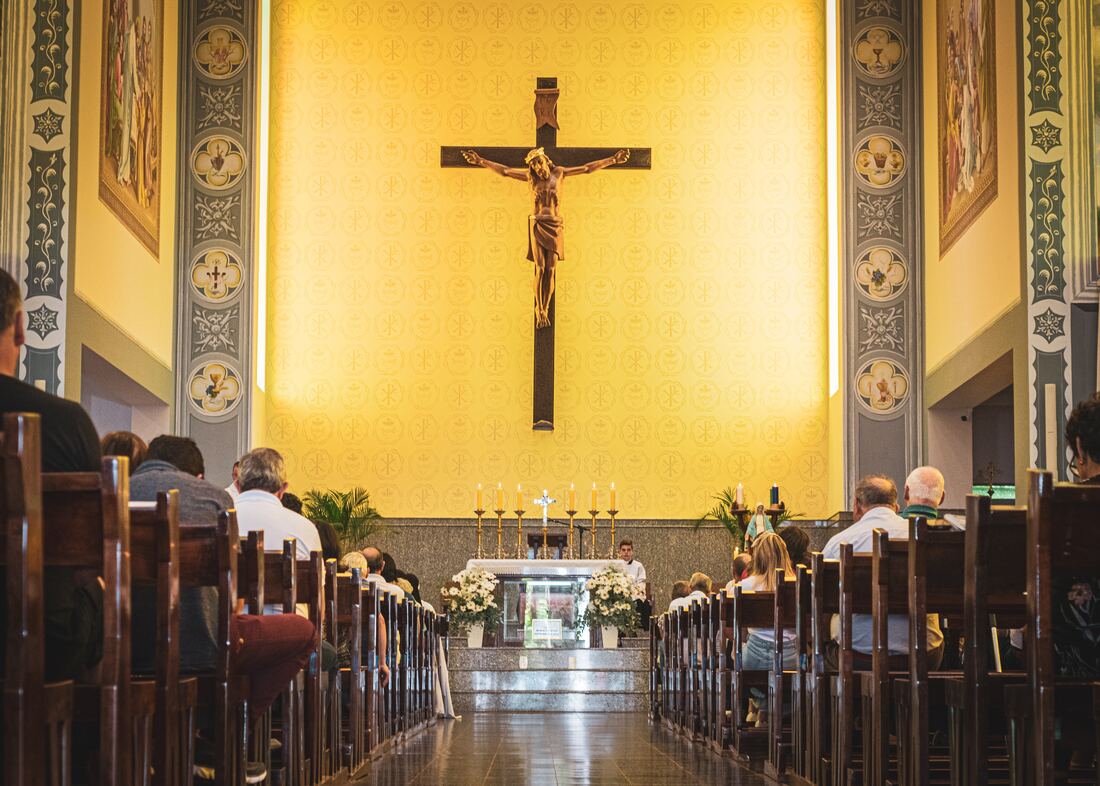

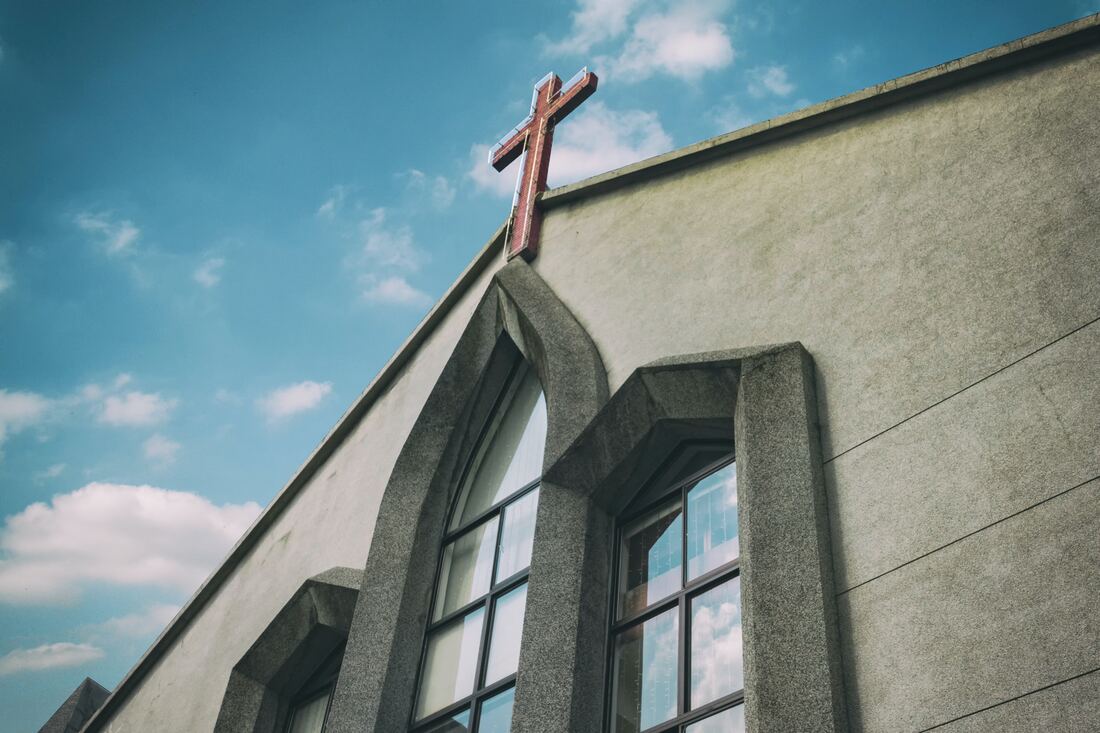

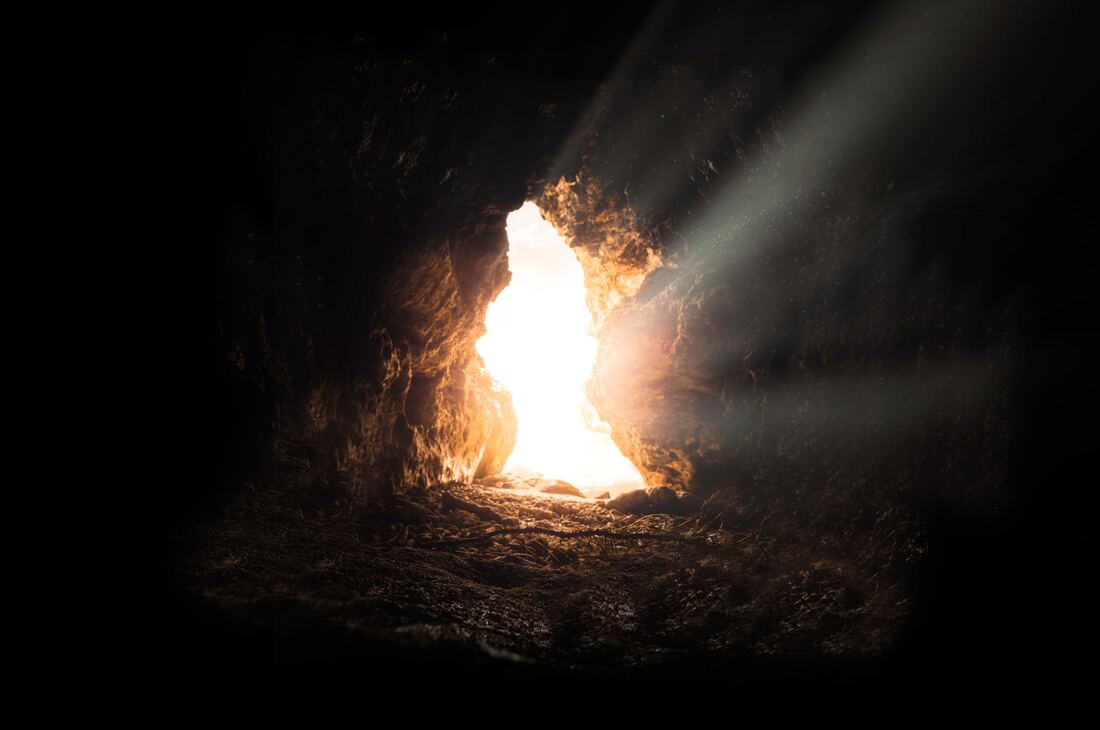
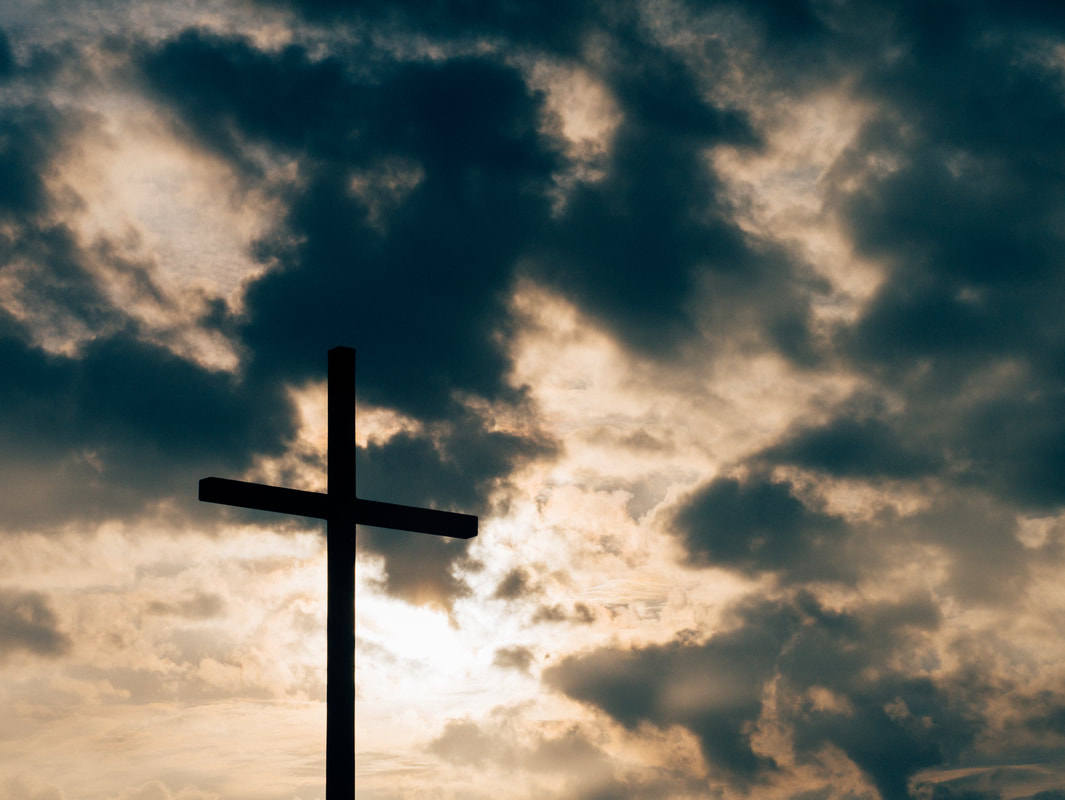
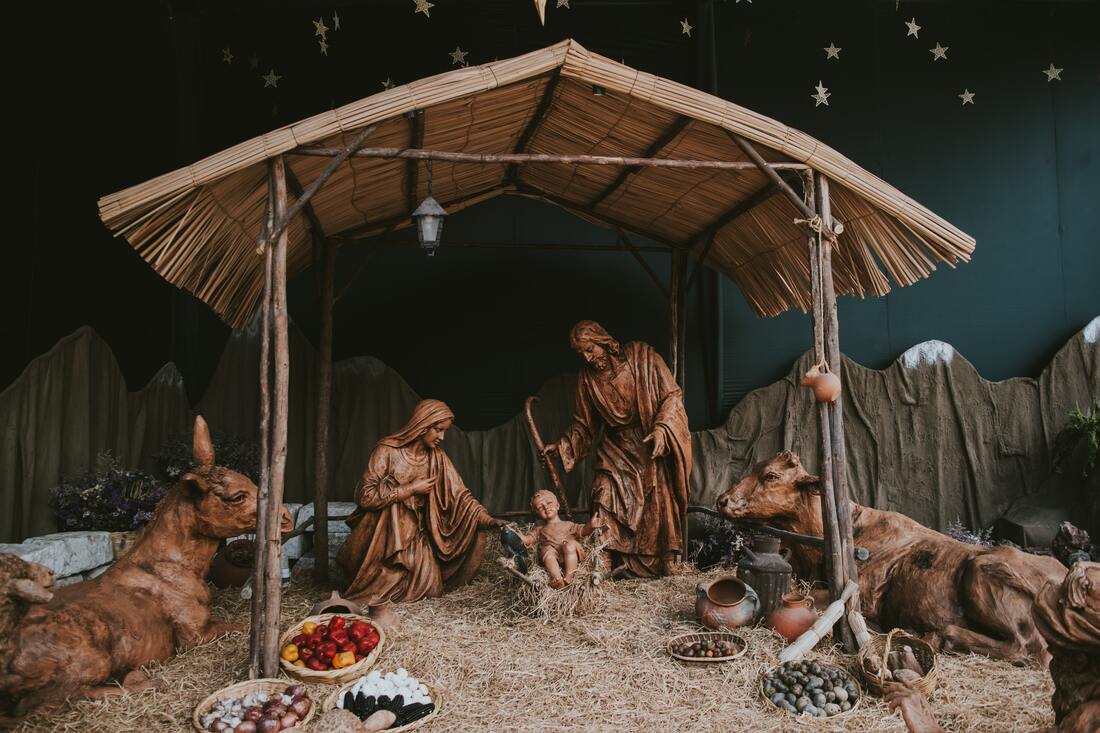
 RSS Feed
RSS Feed
